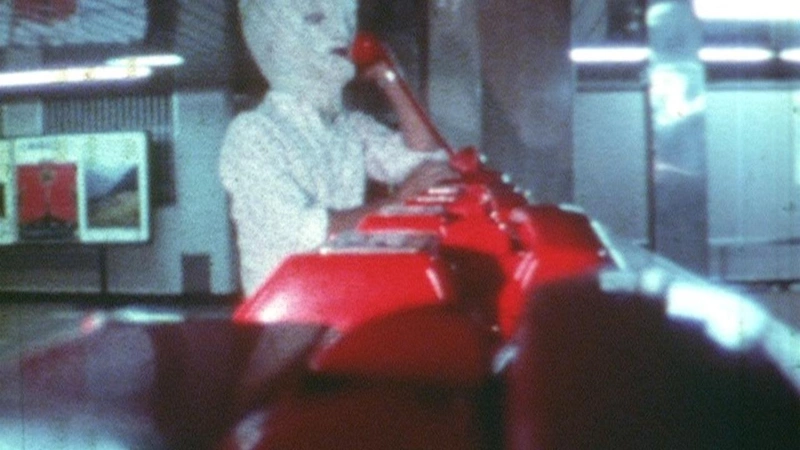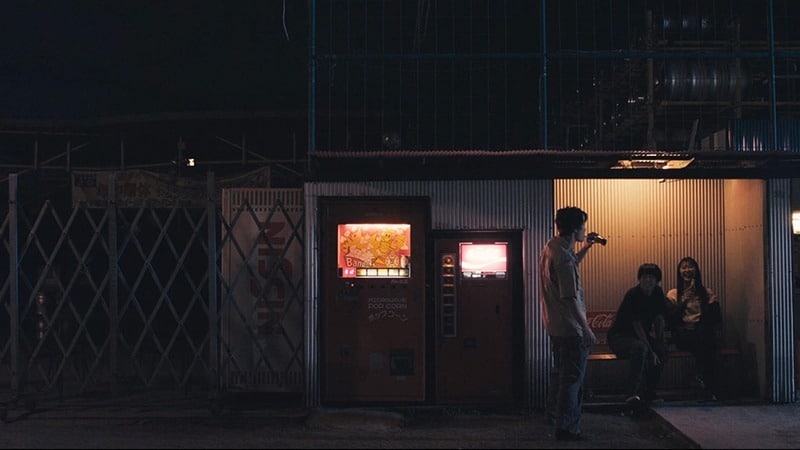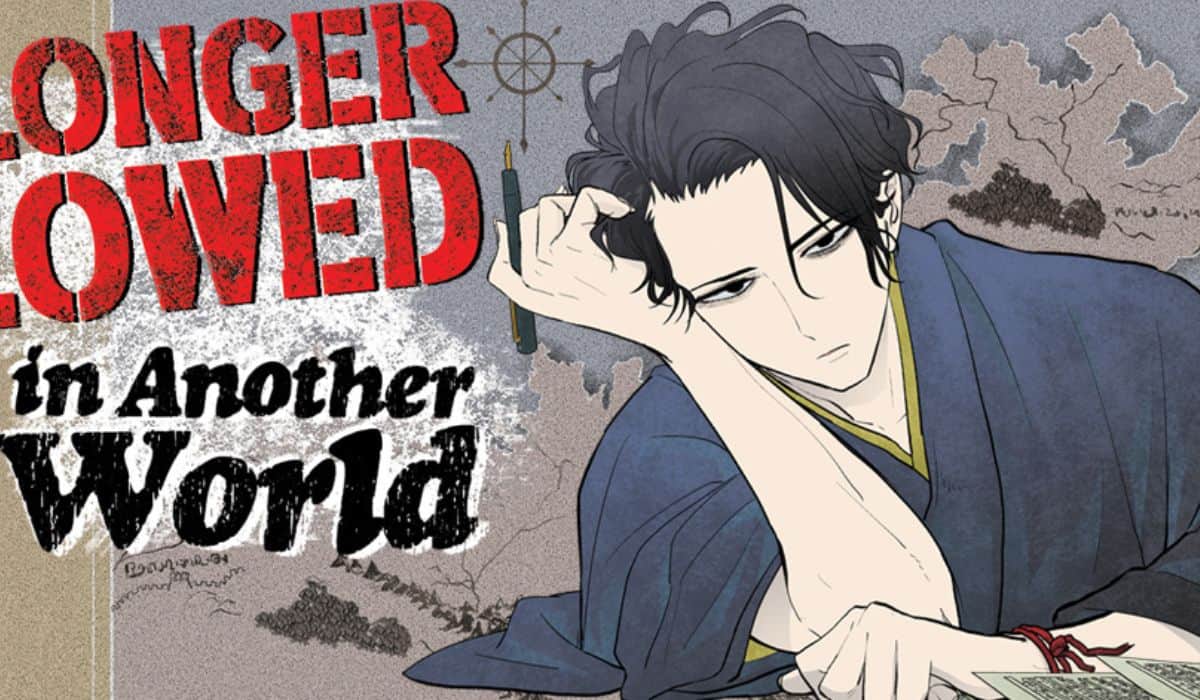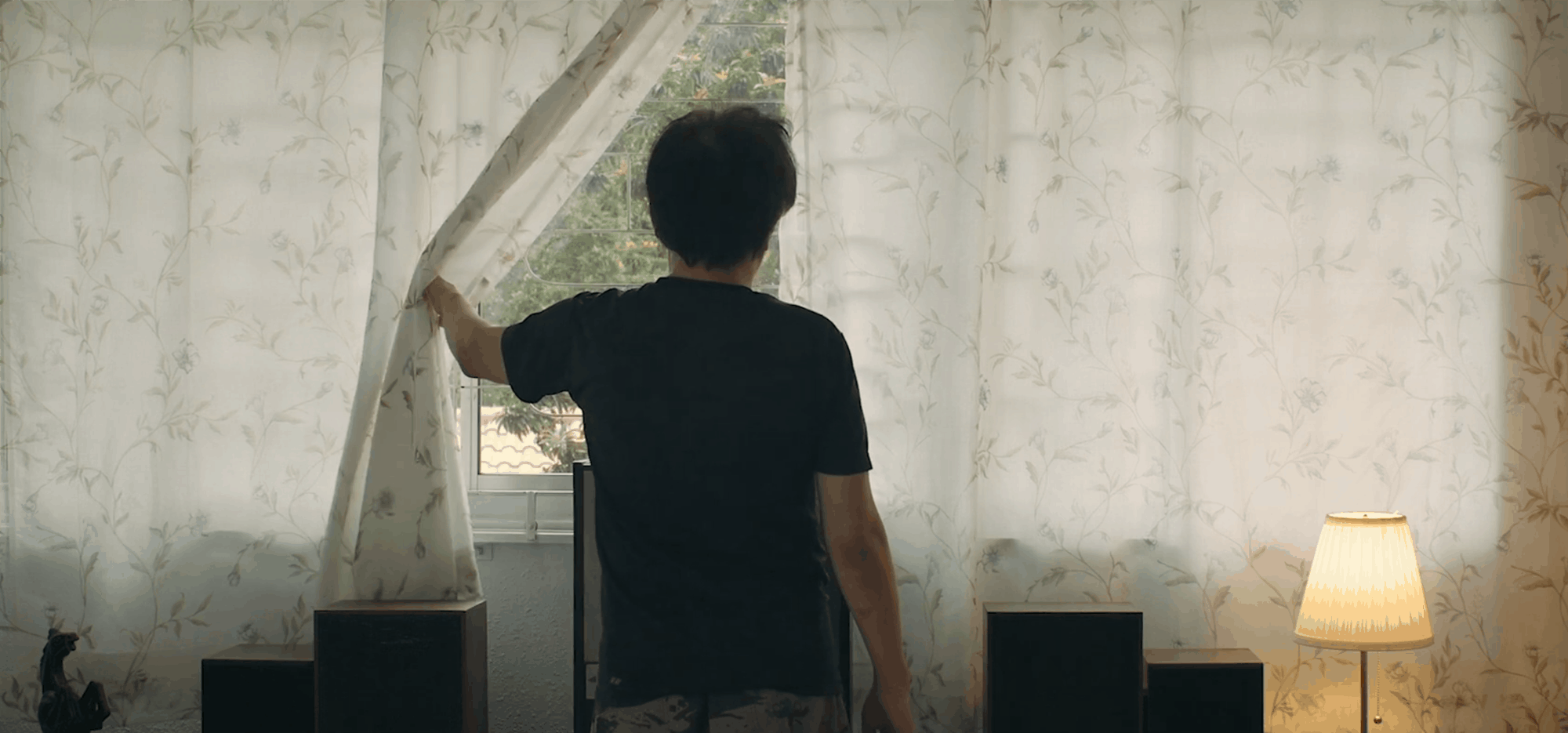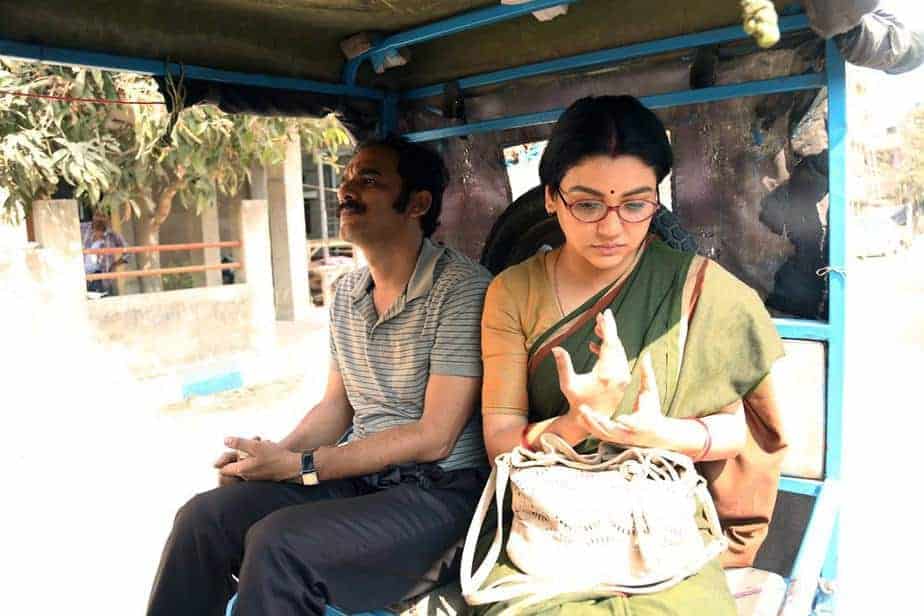Within the Japanese independent film scene, there are certain titles which stand out, not necessarily for their quality, but for the impact they had on future generations of filmmakers and other projects. While some of these features are still buried in some obscure locations, tapes and other places, Akira Ogata's highly influential “Tokyo Cabbageman K” is out there and has already been screened at a few festivals in the last couple of years. Ogata, who also wrote the script, had been directing commercial features previously, but this story, heavily inspired by the works of author Franz Kafka, will perhaps be known for its importance for the works of directors such as Shinya Tsukamoto and Sion Sono.
Toyko Cabbageman K is screening at Hachimiri Madness: Japanese Indies from the Punk Years

One morning, as he is visited by one of his friends, who originally wanted to take him gambling, K finds out something strange has happened to him. Overnight, his head transformed into a giant cabbage and the change seems to be permanent, much to his and his friend's horror. The two men head into town, meeting all kinds of people with varying reactions to the man with the large cabbage where his head should be. Much to their surprise, not all reactions are that negative, because after a while, K gains a certain fame and popularity, even with the ladies. Little by little, even the media gets hold of him, interviewing pedestrians on the importance of cabbage in their lives.
However, the amount of attention and media coverage takes its toll on K, who feels more isolated than ever. Set to plant himself in a cabbage patch, he seeks peace at last.
Considering the influence of Kafka's work is so omnipresent in “Tokyo Cabbageman K”, it may be worthwhile to approach this feature similarly. While to some the idea of a transformation into a bug or in this case a vegetable is a horrible one, K seems to be handling the repercussions quite well for the most part. Ogata uses an interesting approach as he blends real footage, for example, of being interviewed about their opinion on cabbage, with film scenes, making the distinction between what is real and what is not almost impossible at times. This way you can observe not only how people react to K and his transformation, but also how this reaction changes over time, as he becomes just one within the crowd and seems to be isolated despite his condition.
At the same time, the use of Dadaist humour is a clever aspect of the film. Even though some sequences are just downright silly, for example, the encounter with the two yakuza (?), there are other times when this concept exposes how the craziness of the protagonist's change becomes swept under the rug in an essentially very conservative and homogeneous society, which gets in on the joke while distancing itself also. In the end, the movie, despite its rawness and silliness in certain parts, is quite smart in certain parts and often revealing.
In conclusion, “Tokyo Cabbageman K” is an interesting, at times highly entertaining and sometimes quite smart blend of Dadaist comedy and social satire. Director Akira Ogata blends real and fake footage into a movie which makes it hard for the viewer to distinguish between these two layers, but also may realize certain truths about society, perhaps not just in Japan.


